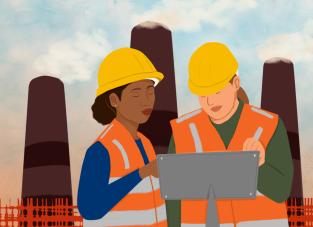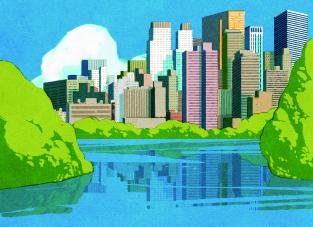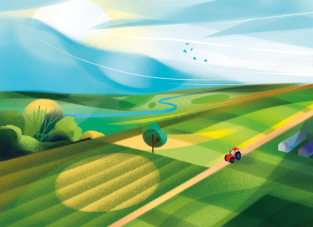Supply Chain Resilience
Local Project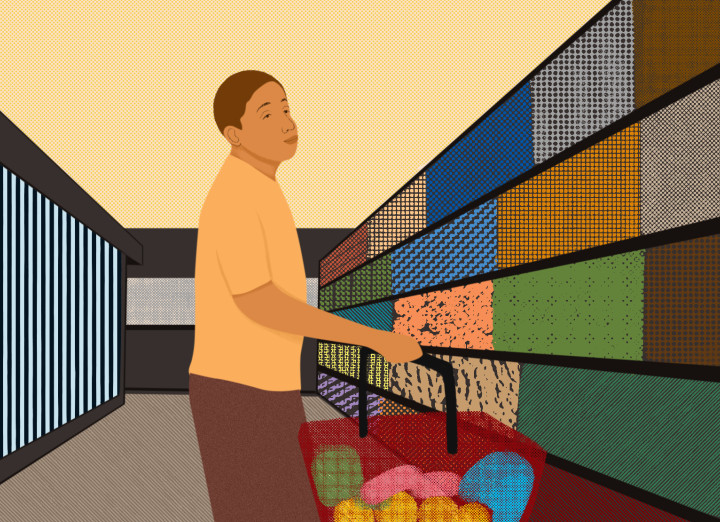
More than ever, goods and services used in one country are supplied by another. For example, your food or mobile phone may come from a farm or factories far away. They reach you through a ‘supply chain’, which connects the places they were produced to those where they’re used.
The effects of the climate emergency are impacting supply chains. For example, extreme heat in key farming countries has led to smaller harvests in recent years. Less food in one place can mean higher prices in another, which will impact nutrition, poverty, and even political stability. Some supply chain routes are particularly vulnerable, like the Suez Canal, which was easily blocked by one ship - the Ever Given - in 2021. Worsening climate and ecological shocks and their knock-on impacts, like conflict, could increasingly disrupt these delicate supply points.
Supply chains can be made more resilient. That can be done by businesses in a supply chain better understanding and acting on risks. Supply chains can be made shorter, including by moving production closer to home, so there are less points at which a chain could be disrupted. But any changes to supply chains must consider the impact on the countries and communities who supply them, who could lose out on economic opportunities.
Discard 1 card from your hand, then add 1 Social Resilience token to your player board for eachRegulation tag in this card's stack.
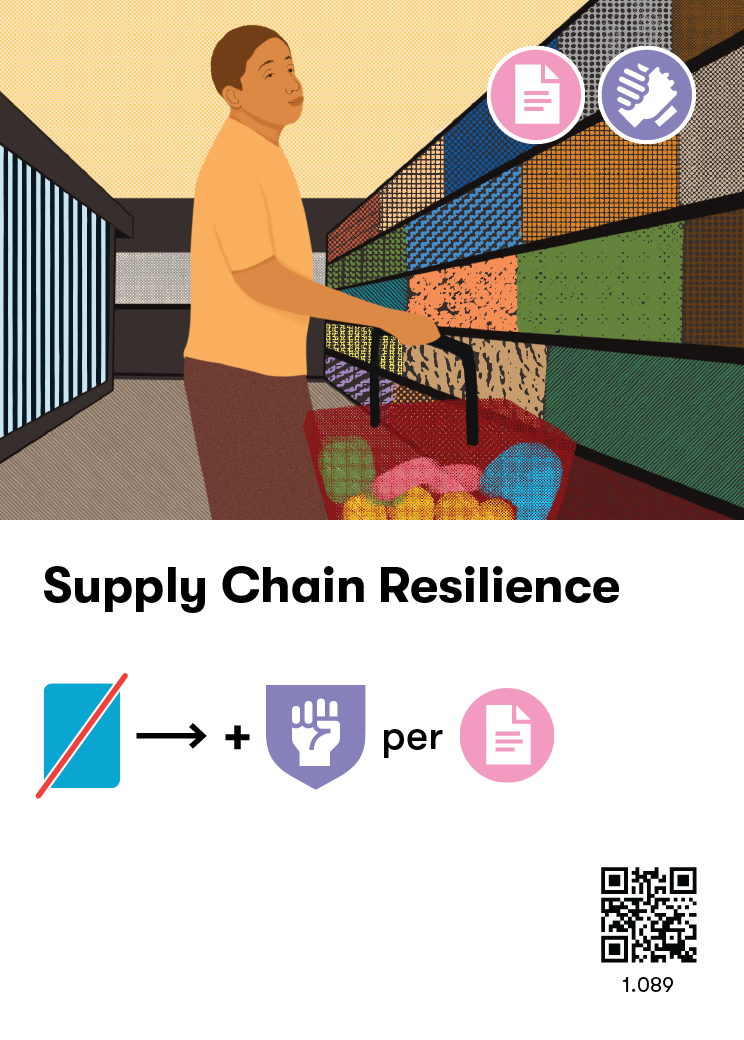
Could climate become the weak link in your supply chain? (McKinsey)
Resilient supply chains (UK Climate Change Committee)
How Climate Change Is Disrupting the Global Supply Chain (Yale E360)
Support local manufacturing and food production.
Buy fairtrade and products with sustainable guidance and attention to the climate emergency.
